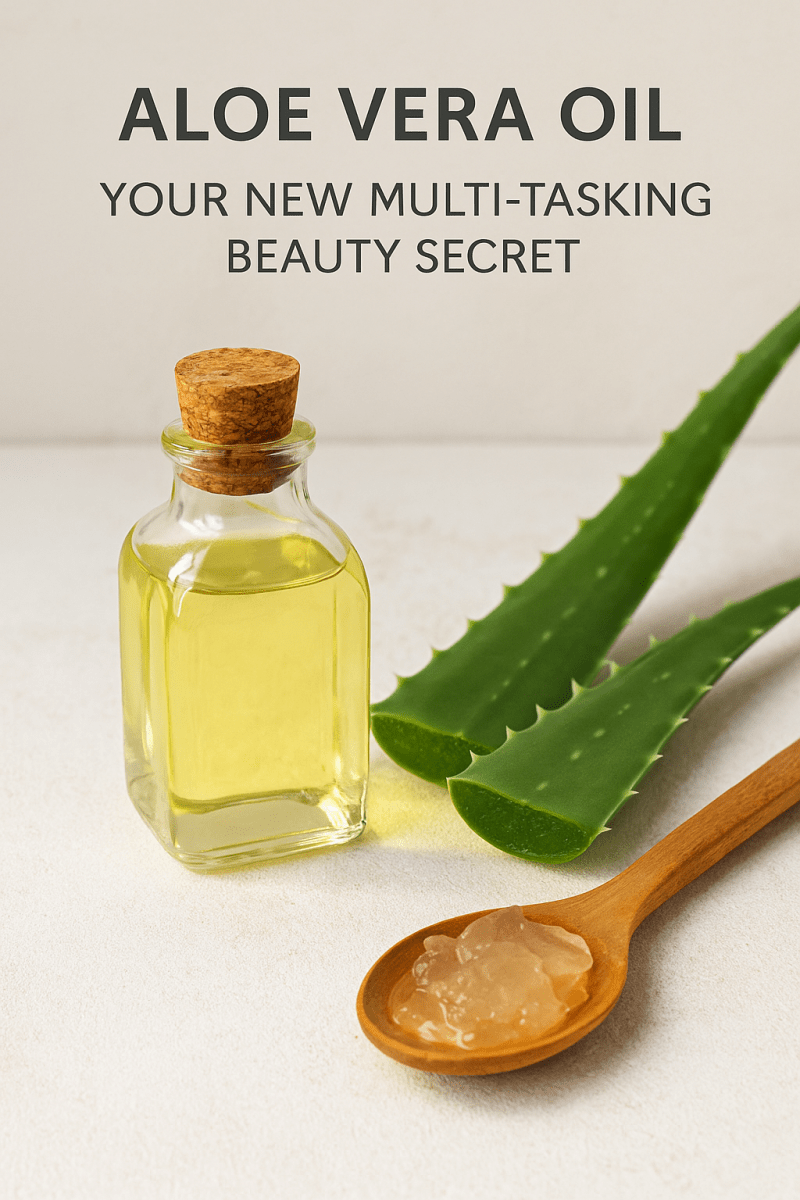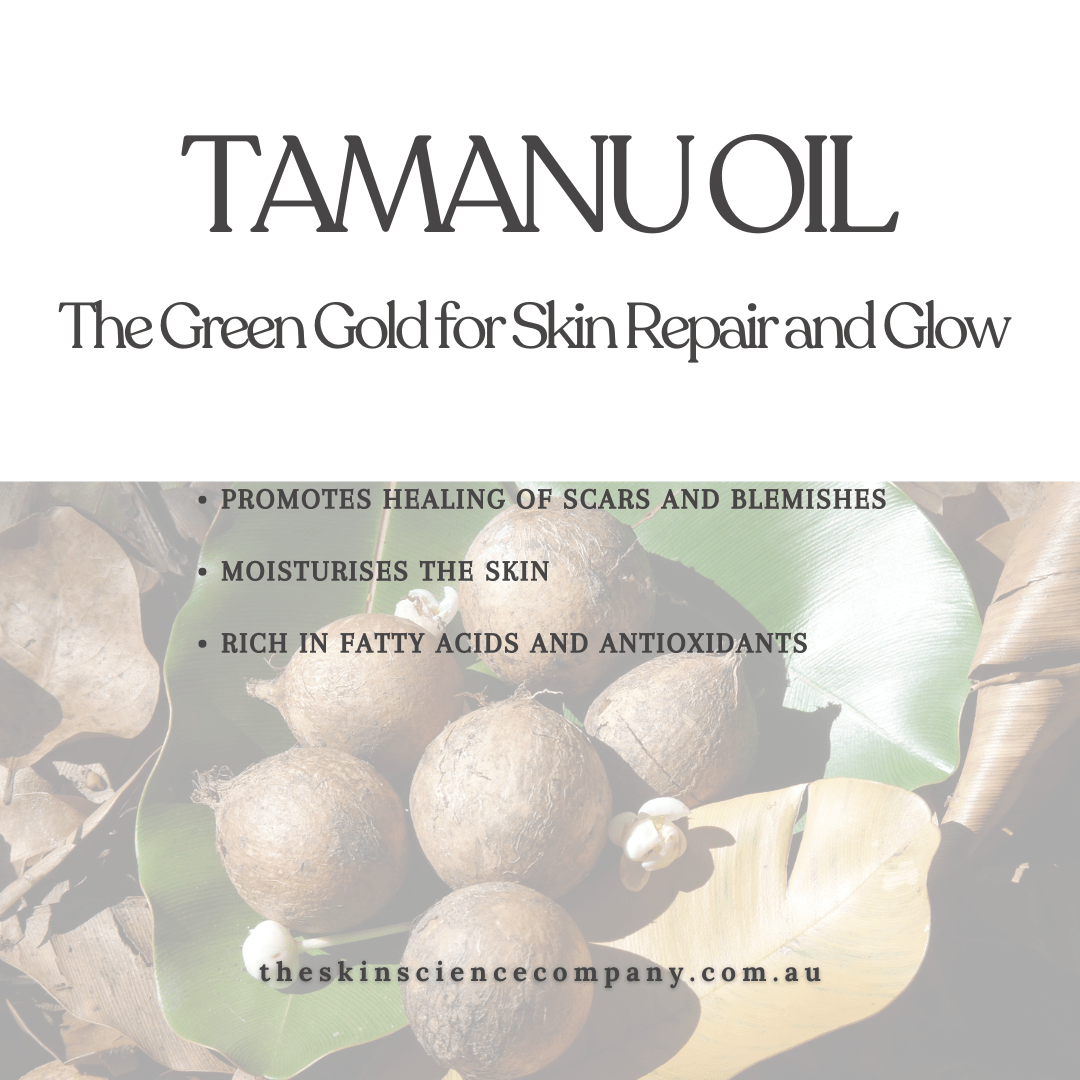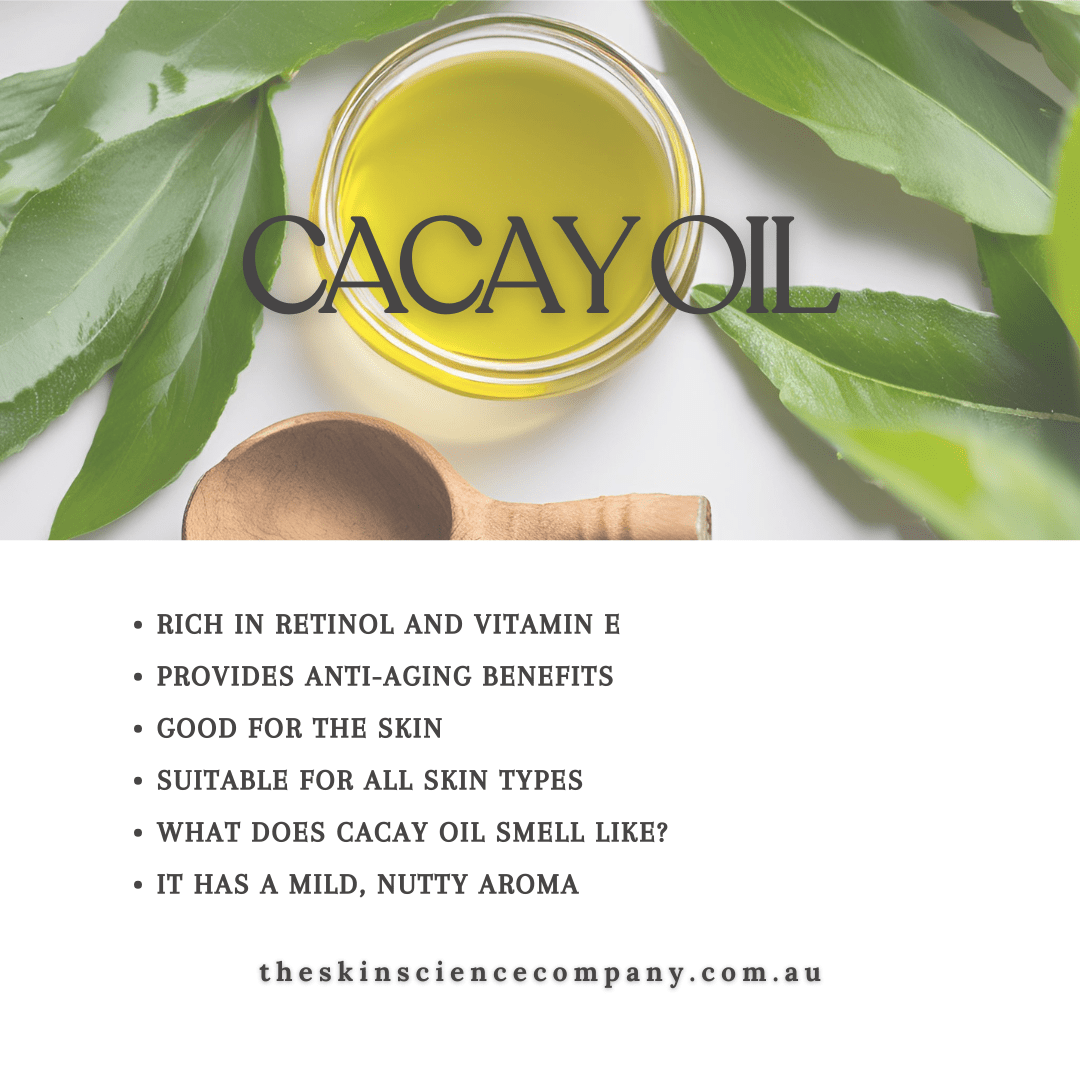Why Aloe Vera Oil Belongs in Your Beauty Routine
If there’s one plant that deserves “icon” status in natural skincare, it’s aloe vera. But did you know that Aloe Vera Oil—not just the gel—can be a game changer for your face, hair, and body? Whether you’re looking to soothe sensitive skin, moisturize your hair, or just simplify your beauty routine, this gentle botanical oil deserves a spot on your shelf.
You can shop pure Aloe Vera Oil right here.
What is Aloe Vera Oil Good For?
Aloe vera oil is a true multitasker. Here’s what makes it a favourite:
-
Soothing irritated skin: It calms redness, itchiness, and inflammation—perfect for sunburn, after-shave, or sensitive skin days.
-
Lightweight hydration: Aloe vera oil provides a soft, non-greasy moisture barrier, ideal for oily, acne-prone, or combination skin.
-
Supporting hair growth: Many people use aloe vera oil to nourish the scalp, reduce flakes, and support healthier, thicker hair.
-
Scalp & beard care: Great for calming an itchy scalp or beard, especially if you’re prone to irritation.
Can You Put Aloe Vera Oil on Your Face?
Yes! In fact, using aloe vera oil on your face is one of the easiest ways to get that “glass skin” glow—without feeling greasy. It absorbs quickly, won’t clog pores, and helps soothe breakouts, redness, or even sunburns. Just smooth a few drops onto clean skin as a moisturizer or mix with your favorite serum.
Can I leave aloe vera oil on my face overnight?
Absolutely. It’s gentle enough for overnight use. For best results, cleanse your face, apply a few drops, and wake up to soft, calm skin.
Does aloe vera oil clog pores?
No, it’s non-comedogenic and generally safe for breakout-prone skin.
What Can You Use Aloe Vera Oil For? (10 Everyday Uses!)
-
Facial moisturizer for sensitive or acne-prone skin
-
After-sun treatment (mix with a drop of Peppermint Oil for cooling relief)
-
Makeup remover (gentle on eyes and skin)
-
Beard oil for soothing skin under facial hair
-
Scalp massage to reduce flakes and dryness
-
Pre-shave or aftershave oil to prevent irritation
-
Stretch mark and scar care—combine with Rosehip Oil
-
Light body oil for after the shower
-
Hand and cuticle oil to nourish dry skin
-
Hair serum for ends or dry patches
Can Aloe Vera Oil Grow Your Hair?
Does aloe vera oil help with hair growth?
Aloe vera oil is rich in vitamins, enzymes, and amino acids that nourish the scalp. While it can’t magically create new hair follicles, it does support a healthy scalp environment—reducing itchiness, dandruff, and breakage, all of which can help your hair look and feel fuller.
How to use it:
Massage a few drops into your scalp or mix it with Avocado Oil or Blackcurrant Seed Oil for an extra boost. Leave on for at least 30 minutes (or overnight), then wash out.
Can I use aloe vera oil on my hair every day?
You can! It’s lightweight and non-greasy, so feel free to use it on your scalp or hair ends daily.
Aloe Vera Oil vs. Coconut Oil: Which Is Better?
Both have unique benefits:
-
Aloe Vera Oil: Best for sensitive, oily, or acne-prone skin. Absorbs quickly, soothes, and hydrates.
-
Coconut Oil: Rich and nourishing, but can clog pores on the face. Best for very dry skin, hair masks, or as a body oil.
Try mixing the two for a DIY hair treatment!
How to Make Aloe Vera Oil at Home
Curious about the DIY route? Here’s a simple method:
How do you make aloe vera oil?
-
Scoop fresh aloe vera gel from a leaf.
-
Blend with a lightweight carrier oil (like Sweet Almond Oil or Jojoba Oil).
-
Heat the mixture gently on low for 5–10 minutes, then strain out any solids.
-
Store in a clean, airtight jar in the fridge for up to two weeks.
Want a shortcut? Our pure Aloe Vera Oil is ready to use, no mess required.
What Are the Side Effects of Aloe Vera Oil?
Aloe vera oil is considered safe for most people.
-
Rarely, some people may experience mild irritation or allergy—do a patch test first.
-
If you’re sensitive, avoid applying on open wounds or very irritated skin.
-
For hair, it’s gentle, but some might notice buildup if using very rich blends.
FAQ: Aloe Vera Oil for Face
Is aloe vera oil good for your face?
Yes—especially for calming redness, breakouts, or sun exposure.
How many minutes should aloe vera oil stay on your face?
For a mask, 20–30 minutes is plenty. But you can leave it on as a moisturizer overnight.
What are the disadvantages of applying aloe vera on the face?
Almost none for most people, but rare allergies are possible. Always patch test.
What happens if I apply aloe vera directly on my face?
You’ll likely experience soothing, cooling hydration! If you notice redness or itching, wash off and discontinue use.
Final Thoughts
Aloe vera oil is one of the most versatile, gentle oils you can add to your beauty routine—perfect for sensitive skin, hair care, and soothing irritation. You can use it alone, blend it with other natural oils, or even make your own at home.
Want to try it yourself? Shop Aloe Vera Oil now and unlock nature’s most calming, multi-use oil.



